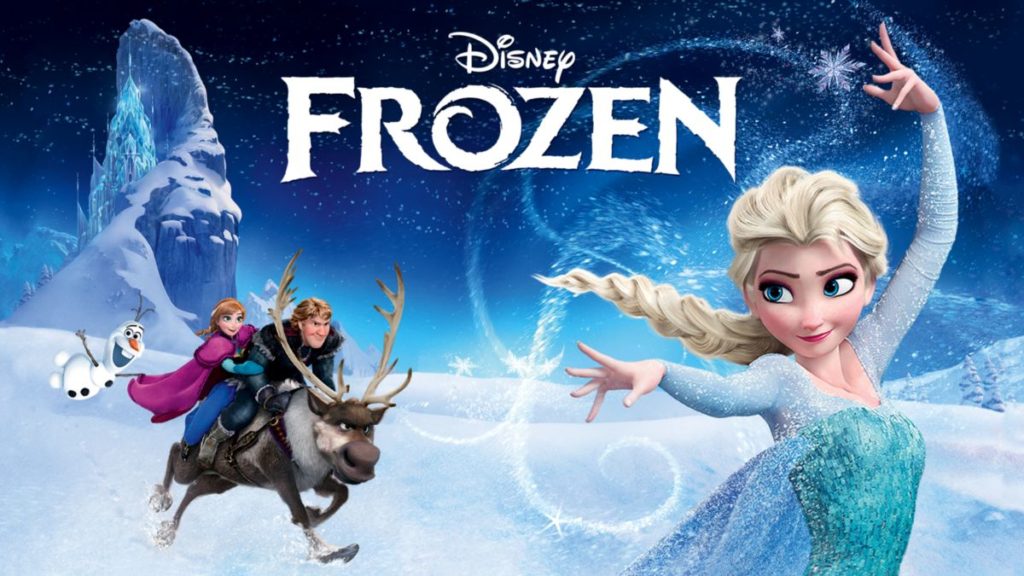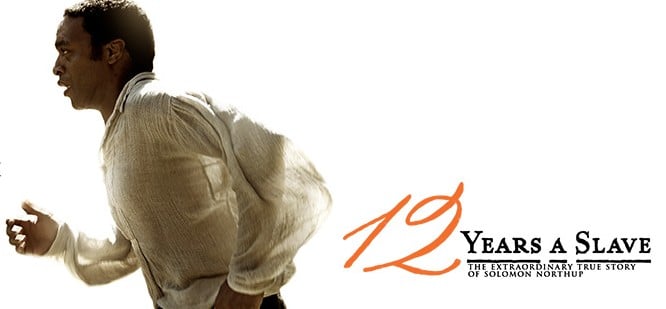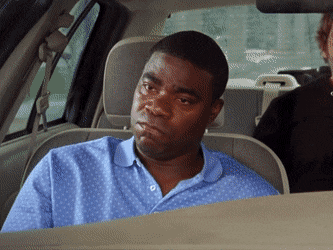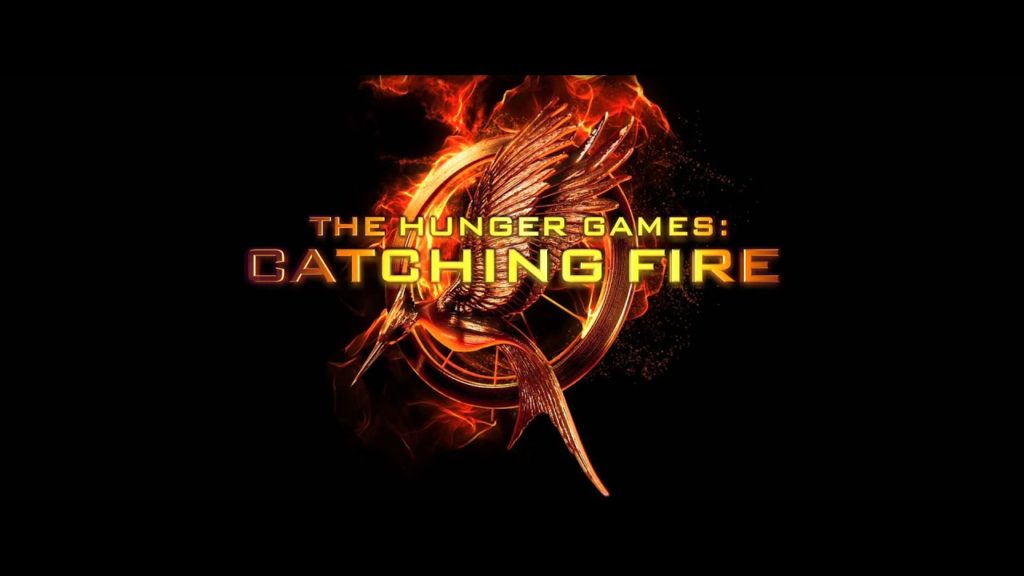2013
As I said in the very first post of this journey, there were a wide range of Oscar movies on this list: legit classics I hadn’t seen (like Lawrence of Arabia), old favourites I’d seen multiple times (such as Return of the King), films I’d seen I knew wouldn’t hold up (hey there American Beauty)… and two films I’d seen I knew would hold up but really, really didn’t want to rewatch because I knew they were rough, rough rides.
Here comes the second one.
In which director Steve McQueen sat down everyone who had fun with Django Unchained and said “Playtime’s over, here’s how it really went.”
Solomon Northup (Chiwetel Ejiofor) is an accomplished violin player and free black man in pre-Civil War New York State, but after taking a gig in Washington DC, is drugged, abducted, and sold as a slave in the South. Over the next 12 years, he goes from well-meaning master William Ford (Benedict Cumberbatch) to true monster Edwin Epps (Michael Fassbender, making me miss Voldemort as a villain). Along the way, we get to witness the stark horror of American slavery in brutal detail, never worse than the struggles of Lupita Nyong’o as Patsey, forced to endure the lusts of Epps and the wrath of Mrs. Epps (Sarah Paulson), who blames Patsey for her husband’s wandering eye. And hands. And… well let’s move on.
The futility of fighting is demonstrated early on, when the one fellow slave up for rebellion gets stabbed to death within seconds of stepping out of line. When it seems Solomon might have an opportunity to run, he happens across a lynching that indicates he should think again. The only thing in the movie that pulled me out of the visceral horror of it all was the manner in which Solomon finds deliverance: he gets aid from a Canadian tradesman named Samuel Bass (producer Brad Pitt), whose speech about the evils of slavery was so over-the-top righteous I could only think of him as Canadian Abolitionist Jesus. But by that point in the movie, it took that kind of Yancey Cravat-style nobility to be worthy of trust.
The cast is just as stacked as Argo, with small roles from Alfre Woodard, Paul Giamatti, Scoot McNairy again, Michael K. Williams, Paul Dano, Garret Dillahunt, and others, and the script and direction just as solid, if… much less enjoyable. But “enjoyable” is not the point this time. Like Schindler’s List, when assessing the quality of this movie, I have to take “how much did I enjoy it” out of the equation, because so much of it is not meant to be enjoyed, it’s meant to be experienced. You don’t like it, you bear witness to it. It gets in your head. Solomon’s ordeal, the sheer inhumanity of the system that stole him and the men who profit from it, they haunted me for days after the rewatch. Which is exactly what it was meant to do, so… mission accomplished.
I do appreciate that it took shots at the idea of “southern nobility.” Even Ford, the good master, remains a slave owner. He might not enjoy separating a mother from her children, but he still does it. And then sells the mother for her refusal to stop constantly crying over the loss. He may try to be nice to his slaves, but he employs abusive, hateful monsters to manage them. And instead of getting Solomon to freedom, he sells him to Epps. Sure it keeps Solomon alive for a while, but it’s pretty clear Ford’s standing means more to him than Solomon’s well-being. Also he bought Solomon on credit and isn’t just going to eat that debt. So, no, there were no good slave owners. Even if Ford was miles better than the truly monstrous Epsses.
It’s a very powerful accomplishment, and it was clear all through awards season that it was going to be virtually unbeatable and with very good reason, but am I looking to watch it a third time?
And Rotten Tomatoes Says: It’s at #9, right above Argo (fair) and just below All About Eve. Less fair? I feel like “Aging actress in fear of replacement” is a slightly less important story?
Where did I rank it? I put this one right on top at #1. “An amazing achievement in film that digs deep into the horrors of slavery that I never ever want to see again ever.” Harrowing to watch, to be certain, but that’s only proof it succeeds at its goal.
Okay let’s shake that one off. Hopefully 2013 audiences chose something fun.
The Box Office Champ (Domestic)
Huh.
Tony Stark was back for the first post-Avengers Marvel movie, the Minions were back in Despicable Me 2, but US audiences were all about the return of Katniss Everdeen. Well… of the 2010s genre of YA sagas featuring dystopic futures organized like a high school cafeteria, this was far and away the most popular, rivalling if not surpassing even Twilight. Hunger Games became the new Twilight so fast that by this year studios were looking for a new Hunger Games instead.
But I’m not the guy to dig into this franchise or this specific movie. I was so far removed from the target market of The Hunger Games as a book series that until the trailer for the first movie was released, honest to god I thought it was about werewolves. I thought Katniss Everdeen hunted werewolves then ended up in a love triangle involving at minimum one sexy werewolf. So… don’t know much about this one.
And I do not have time to watch the whole series to give insights on the second and only the second instalment, not this close to the end, so let’s do the RT thing and see what international audiences preferred…
And Rotten Tomatoes Says: 90% from critics, 89% from audiences, this is the highest-rated movie in the franchise. But it makes no sense to only watch this one.
The Box Office Champ (International)

Frozen, everybody! The runaway success that got everybody obsessed with then annoyed by “Let It Go” by the end of the year. And “Let It Go” really was the movie’s turning point. Originally, Elsa was meant to be the villain of the movie, an evil queen her more noble sister would have to stop. And then the makers noticed that their big villain song, “Let It Go,” actually worked much better as an empowerment anthem. You can still detect the Villain Song elements in the lyrics. “No right, no wrong, no rules for me” is a bit of a red flag, and while “Let the storm rage on, the cold never bothered me anyway” absolutely works as a powerful moment of catharsis, it definitely also would have played as supervillain talk.
But man alive this would have been so much worse if they hadn’t made that change.
I mean I don’t know exactly what the script looked like before, but I have to imagine the opening would be largely the same, and if it was, we’d still be drowning in thinkpieces about how Elsa was misunderstood, and less villain than victim, her life warped by a staggeringly bad parenting decision. I could explain or I could just throw in this How It Should Have Ended explaining that every conflict in the movie happens because Elsa and Anna’s parents decide that the best way to help their daughter is to lock her up teach her to be afraid of herself.
Elsa gets a complex, Anna is driven so batty from isolation that she agrees to marry the first eligible man she ever sees, every conflict is driven by trauma response, because their parents chose repression and solitude over acceptance and giving their daughters the tools to function in society. The harder Elsa represses, the worse things get, and that to me is a valuable lesson, because despite what the British and Puritans would tell you, emotional repression does nobody any favours.
So instead of a movie about sisters needing to fight over the fate of the kingdom, it’s about sisters rebuilding a love and bond that was broken by trauma and forced distance. It’s a movie that teaches love is more than finding a handsome prince, and love between sisters is as true and powerful as romantic love. It’s much better, challenges an oddly frequent trope of women (and it’s always women) seeing themselves as monsters because they have power, and is filled with humour and quirks and charm that only enhances the dire stakes of the climax.
So big thanks to “Let It Go” for delivering a better version of this movie, and may whoever is responsible for the inevitable radio edit under the credits fall in 100 mud puddles.
And Rotten Tomatoes Says: 90% from critics, 85% from audiences, it was a fast favourite.
Other Events in Film
- The Golden Globe award for Best Comedy/Musical becomes the Golden Globe for Best Movie That Didn’t Want to Compete With 12 Years a Slave, because few if any of them could really be called “musicals” or “comedies.” Maybe Wolf of Wall Street.
- Fast? Furious? Fast & Furious 6 sees the gang fully team up with Agent Hobbes to stop essentially their evil doppelgangers, including a returning Michelle Rodriguez as a no-longer-dead but amnesiac Letty. Sadly, Gal Gadot’s Gisele meets a tragic end, and Han must face his as we finally catch up to the events of Tokyo Drift.
- This Year in Superheroes: Iron Man 3 from Shane Black has its moments, especially once Tony and Rhodey start doing buddy-action-stuff, but its denouement invalidates Tony’s entire arc in Iron Man 2, and Tony’s arc here is completely undone, since by Age of Ultron his PTSD is gone and he’s replaced all the suits he blew up for Pepper. Also thrown out is Rhodey changing his codename from “War Machine” to “Iron Patriot,” which–
The Iron Patriot Tangent
Okay I can’t not explain this. “Iron Patriot” was a codename Norman “The Green Goblin” Osborn invented to con the people of the US into seeing him as their new #1 hero, part Captain America and part Iron Man, thus validating his “Oops All Supervillains” Dark Avengers team. I don’t know who at Marvel decided the name was too cool to stop using, because it isn’t, but Rhodey calling himself “Iron Patriot” makes exactly as much sense as ending Falcon and the Winter Soldier with Bucky saying “The Winter Soldier isn’t who I am anymore, call me Dr. Octopus.”
Anyway.
- In Man of Steel, Zack Snyder tries to update Superman’s origin for a more cynical modern world. The visuals are great, the score is brilliant, Michael Shannon’s General Zod is an incredible villain, but man Snyder went nuts for property destruction, and forgot to have Superman care about it. A Superman who doesn’t save people and snaps his enemy’s neck rubbed some people the wrong way. Hopefully Snyder’s superhero work doesn’t stay this divisive.
- In Thor: The Dark World, Marvel’s worst movie, Jane Foster slaps Loki in the face as payback for New York. Avengers established that Loki should shake off being punched in the face by Captain America, I doubt he even felt being slapped by a 115 pound astronomer. That’s not the dumbest part of that very dumb movie, but it’s what I want to call out.
- The Wolverine manages to be two-thirds of a decent movie before going bonkers stupid in the last act.
- John Carter dramatically overspends on both production and more so on marketing, and as such is one of film history’s biggest bombs, if not the biggest, even adjusted for inflation, losing Disney $200 million. It’s not because the sexy human-looking Martians wear much more clothing than their traditional depiction (Google it yourself, leave me out of it). Couldn’t have helped but it’s not the reason.
- Warm Bodies brings YA romance to zombie survival, as a zombie learns to be human again through love.
- A Good Day to Die Hard is pretty bad for an action movie, but utterly inexcusable for a Die Hard.
- Better Die Hards? The two competing “Die Hard in the White House” movies, Olympus Has Fallen and White House Down. White House Down was seen as better, but Olympus Has Fallen is the more successful, spawning two sequels in which Gerald Butler’s Mike Hasfallen (pretty sure that’s his name) battles terrorist threats foreign and domestic in a super-growly way.
- GI Joe: Retaliation ignobly kills off most of the first movie’s cast, but keeps Ray Park as Snake Eyes and Jonathan Pryce as the president, and adds Dwayne Johnson and Adrianne Palicki. Fair trade, really. Being the better GI Joe movie is slightly better than being the best Expendables.
- Sam Raimi produces a remake of his first movie, Evil Dead. It felt to me like what his Evil Dead would have been if they could have afforded it.
- If you have a way to watch the end-of-the-world brunch party comedy It’s a Disaster, do so.
- There are those who say Pain and Gain, Michael Bay’s one break from Transformers, is his best movie. I lack data.
- There are several things I like about Star Trek Into Darkness, including having a stronger moral arc for Captain Kirk than we saw from Iron Man, Superman or The Lone Ranger that summer… but let’s be honest they should have left Wrath of Khan alone, and trying to make Khan a reveal failed on every level.
- Should-be Hollywood power couple Greta Gerwig and Noah Baumbach collaborate on Frances Ha. See my above statement re: It’s a Disaster.
- Edgar Wright, Simon Pegg, and Nick Frost end the Cornetto: Three Flavours Trilogy with The World’s End, possibly the most meaningful and emotional.
- Wow but an American remake of Oldboy wasn’t a good idea. At least it was directed by Spike Lee and not Spielberg, and starred Josh Brolin instead of Will Smith, I can’t even imagine what that version (which was a possibility, I’m not making it up) would have looked like. Still probably better than the Bollywood version. Not making that up either.
- I would like at this time to formally apologize for my blog entry defending The Hobbit: The Desolation of Smaug. I was wrong, that movie is very bad, and proves that making Hobbit a trilogy was a mistake. The cliffhanger ending comes at just the dumbest moment.
- David O. Russell’s American Hustle takes on Martin Scorsese’s The Wolf of Wall Street, and proves that for this year, Russell out-Scorsese’d Scorsese.
Next Page: Zen and the Art of Pandering



